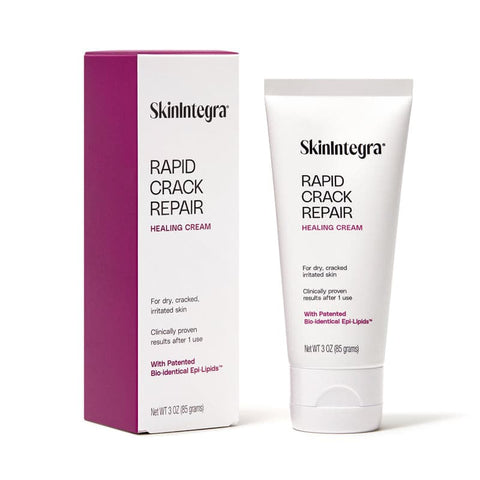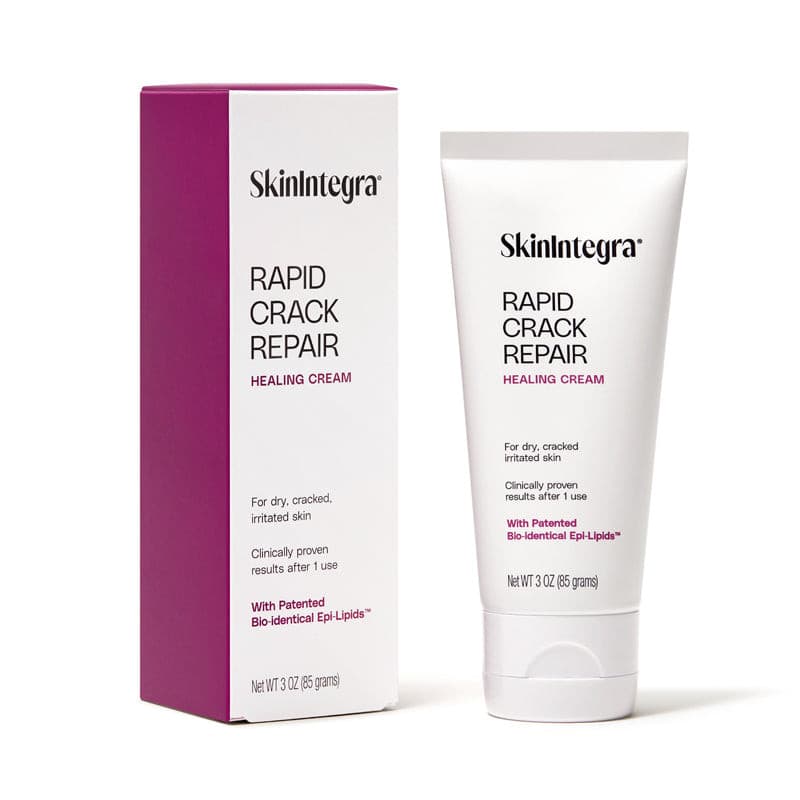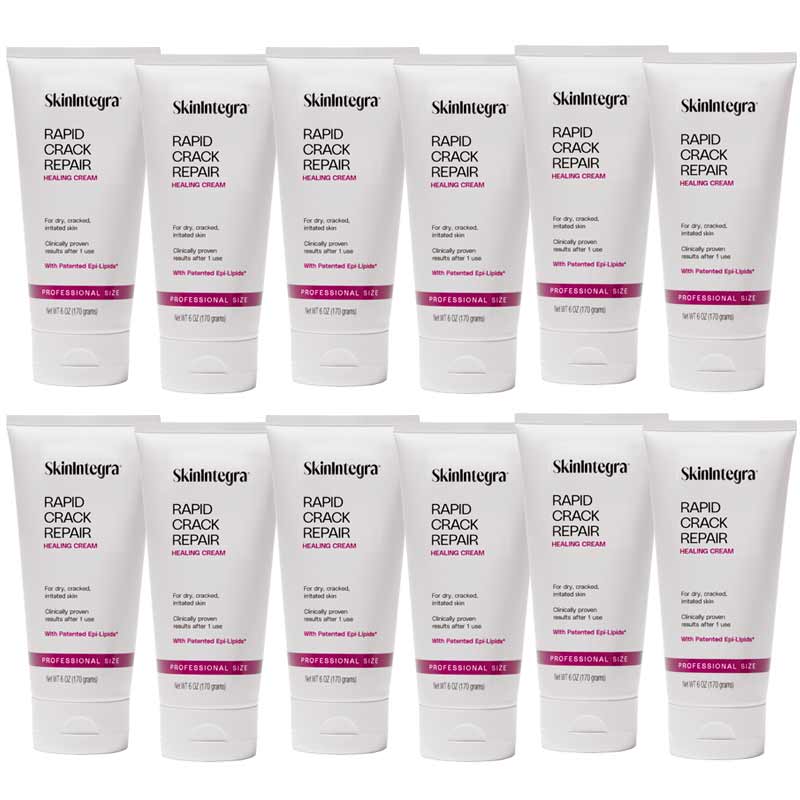Are your hands rough and calloused from daily activities? Whether you're an athlete, a musician, or someone who regularly works with their hands, calluses can be a frustrating and uncomfortable issue. We're here to help you find practical solutions to keep your hands smooth and soft.
In this comprehensive guide, we'll discuss the causes of hand calluses, how to manage them effectively, and tips for preventing them from forming in the first place. From proper hand care techniques to the best products on the market, we've got you covered.

Understanding the Causes of Hand Calluses
Hand calluses are thickened and hardened areas of skin that develop as a result of repeated friction, pressure, or irritation. They are the body's natural response to protect the skin from damage. They most often develop on your fingers and the palms of your hands. They can be a variety of shapes and sizes and can become painful. Some common causes of hand calluses include:
- Manual labor: Jobs that involve repetitive movements or gripping tools can lead to the formation of calluses on the hands. Construction workers, gardeners, and mechanics are often prone to developing calluses due to the nature of their work.
- Sports and physical activities: Athletes and fitness enthusiasts who engage in activities that require a firm grip, such as weightlifting, rock climbing, and gymnastics, are likely to develop hand calluses over time.
- Musical instruments: Playing instruments like the guitar, drums, or violin can cause friction and pressure on the fingertips, leading to the formation of calluses.
- Lack of hand protection: Failing to protect your hands with gloves or other protective gear when engaging in activities that can cause friction or pressure can increase the likelihood of developing calluses.
Understanding the underlying causes of hand calluses is crucial in managing and preventing their formation. By addressing the root cause, you can take effective measures to keep your hands soft and callus-free.
The Importance of Managing and Preventing Hand Calluses
While calluses may seem harmless, if left unmanaged, they can become painful and affect your daily activities. Here are a few reasons why managing and preventing hand calluses is essential:
- Comfort and pain relief: Calluses can become thick and rough, leading to discomfort and pain, especially when performing tasks that require manual dexterity. By managing and preventing calluses, you can ensure that your hands remain comfortable and pain-free.
- Improved grip strength: Thick calluses can reduce sensitivity and grip strength, making it challenging to hold objects securely. By maintaining smooth and soft skin, you can enhance your grip strength and perform tasks more effectively.
- Prevention of complications: If calluses are not properly managed, they can develop into painful corns or even lead to skin infections. Taking proactive measures to prevent calluses can help avoid these complications.
Now that we understand the importance of managing and preventing hand calluses, let's dive into some practical tips and techniques to keep your hands in top condition.
Daily Care Routine for Hand Calluses
Taking care of your hands on a daily basis is crucial for managing and preventing hand calluses. Here's a simple routine you can follow to keep your hands soft and callus-free:
- Gentle cleansing: Wash your hands with mild soap and warm water. Avoid using harsh soaps or scrubbing vigorously, as this can further irritate the skin. Pat your hands dry with a soft towel.
- Moisturize regularly: Apply a rich moisturizing cream or lotion to your hands several times a day, especially after washing or whenever your hands feel dry. Look for products that contain ingredients like shea butter, glycerin, or jojoba oil, which help hydrate and nourish the skin.
- Exfoliation: Gently exfoliate your hands once or twice a week to remove dead skin cells and promote skin renewal. You can use a homemade scrub made of sugar or salt mixed with olive oil or coconut oil. Massage the scrub onto your hands in circular motions, then rinse and pat dry.
Remember, consistency is key when it comes to a daily care routine. By incorporating these simple steps into your daily regimen, you can maintain soft and healthy hands.
Proper Hand Hygiene to Prevent Calluses
Practicing proper hand hygiene is not only essential for preventing the spread of germs but also for preventing the formation of calluses. Here are some tips to keep in mind:
- Avoid excessive hand washing: While it's important to keep your hands clean, excessive washing can strip the skin of its natural oils, leading to dryness and potential callus formation. Wash your hands when necessary, such as after using the restroom or before handling food, but avoid overdoing it.
- Use gentle soaps: Opt for mild, moisturizing soaps that are gentle on the skin. Harsh soaps can dry out the skin and contribute to callus formation. Look for products that are fragrance-free and pH-balanced.
- Wear gloves when necessary: If you engage in activities that involve prolonged exposure to water, chemicals, or harsh substances, such as washing dishes or cleaning, wear gloves to protect your hands. Gloves provide a barrier between your skin and potential irritants, reducing the risk of calluses.
By following these hand hygiene practices, you can maintain the health of your skin and minimize the likelihood of developing calluses.
Techniques for Managing and Softening Hand Calluses
If you already have calluses on your hands, there are several techniques you can try to manage and soften them. These methods can help reduce discomfort and promote healthier skin:
- Soak and moisturize: Soak your hands in warm water for about 10-15 minutes to soften the calluses. Afterward, gently pat your hands dry and apply a rich moisturizing cream or lotion. Cover your hands with cotton gloves to allow the moisturizer to penetrate the skin overnight. Look for hand moisturizers that are specifically formulated for dry or rough skin. These products often contain ingredients like shea butter, glycerin, or hyaluronic acid, which help hydrate and nourish the skin.
- Use a pumice stone: After soaking your hands, gently rub a pumice stone over the affected areas to remove dead skin and reduce the thickness of the calluses. Be careful not to overdo it, as excessive rubbing can cause further irritation. Avoid the use of a pumice stone if you are a diabetic patient.
- Apply callus softening products: There are several over-the-counter callus softening products available, such as creams, gels, and patches. These products contain ingredients like salicylic acid or urea, which help break down thickened skin. Follow the instructions on the packaging and use them as directed. Do not use a product that contains salicylic acid if you are a diabetic patient.
Remember, patience is key when managing calluses. It may take several weeks or even months to see significant improvement, depending on the severity of the calluses. Be consistent with your chosen method and give your skin time to heal and regenerate.
A Patented Skin Repair Cream Formulated to Target Hard Calluses on Hands and Feet

SkinIntegra’s Rapid Crack Repair Cream is a novel healing cream specifically formulated to address stubborn, hard calluses that can limit your daily activities and turn into an infection if untreated properly. Its patented composition is the result of research into all the essential components of a healthy skin barrier. For that reason, it includes the full spectrum of moisturizing and lipid ingredients naturally occurring in our skin such as essential fatty acids, ceramides, and natural oils. This helps promote faster skin barrier repair by replenishing what is missing in the skin.
This formula also combines urea and lactic acid, two exfoliating ingredients recommended by medical professionals for callus removal. This unique combination helps rapidly eliminate dead skin buildup and soften thick hand calluses. In a clinical study, 100% subjects enrolled experienced improvement in dry, cracked skin in the first 24 hours.
Rapid Crack Repair Cream is free of common irritants, which can slow the natural healing process, such as fragrances, dyes, and harsh preservatives. It is recommended by medical professionals at major hospitals in the United States.
Seeking Professional Help for Severe Hand Calluses
In some cases, hand calluses can become severe and require professional intervention. If you're experiencing extreme discomfort, pain, or if your calluses are interfering with your daily activities, it may be time to seek help from a healthcare professional or a dermatologist.
A healthcare professional can assess the severity of your calluses and recommend appropriate treatments, such as prescription-strength creams or procedures to remove the calluses safely. They can also provide guidance on how to prevent future callus formation.
Remember, it's essential to address severe calluses promptly to avoid complications and maintain the health of your hands.
Conclusion: Embracing Healthy Hands
Calluses may be a common occurrence, but they don't have to be a constant source of frustration. By understanding the causes of hand calluses, implementing a daily care routine, practicing proper hand hygiene, and using the right products, you can manage and prevent calluses effectively.
Embrace and take care of your hands, whether you're an athlete, a musician, or someone who works with their hands. Show off your hands with confidence and enjoy the activities you love without the discomfort of hand calluses.





